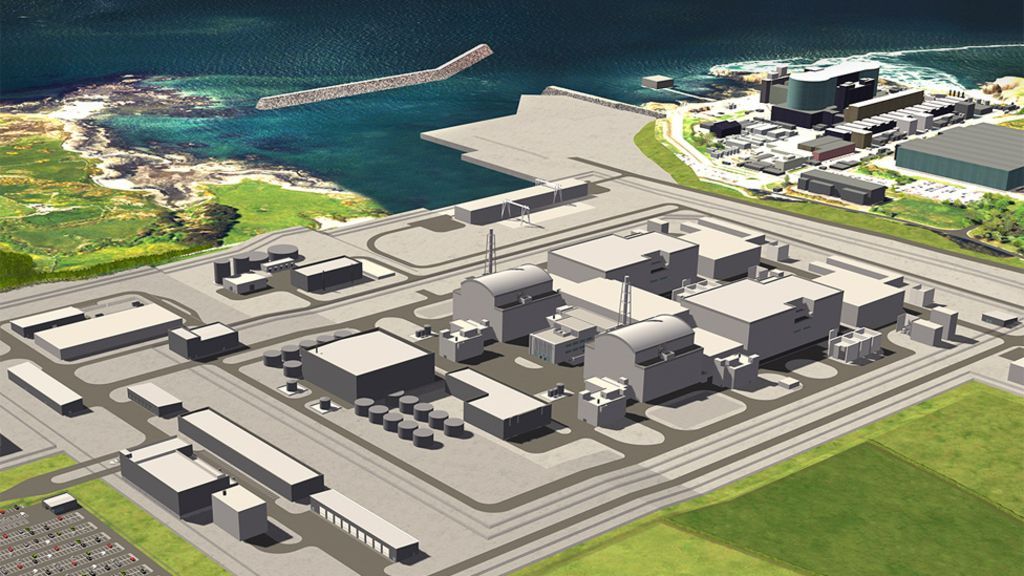Energy secretary Greg Clark ended weeks of speculation yesterday evening (4 June 2018) by making a statement before the House of Commons, confirming that the government had indeed entered into negotiations over the proposed development of the 2.9GW nuclear reactor at Wylfa Newydd.
Reports surrounding a deal between the government and Hitachi-owned Horizon Nuclear Power (HNP) first emerged in the Japanese press towards the end of May, and last week HNP submitted its application for development consent to the Planning Inspectorate, the first step towards planning permission for infrastructure projects over 50MW in capacity.
While Clark stressed that no final decision had yet been taken to proceed, he described the negotiations as “an important next step” for the nuclear project.
More significantly, Clark said that the government was considering a direct investment in the project, alongside Hitachi, relevant Japanese agencies and other parties, as an alternative to the way in which the controversial Hinkley Point C project has been supported.
That decision constitutes a major U-turn on its previous position on the procurement of nuclear power, having previously insisted that the financial risk of projects being delivered late and/or over-budget should remain solely with developers.
But the Hinkley Point C process, particularly the £92.50/MWh (not including inflation) Contracts for Difference strike price, has been strongly criticised by several of the government’s own watchdogs and auditors.
Nevertheless, that decision has sparked anger from some clean energy groups. Described as a “significant shift in energy policy” by the Solar Trade Association, it said the move threatened to “further tilt” an energy market “already highly distorted” by government interventions – a key criticism within Dieter Helm’s review of the price of energy.
“When Hinkley Point C was given the green light three years ago, we pointed out that the UK solar industry could already supply clean power at half the price. Since then, solar prices have fallen even further, and storage technology is commercialising rapidly.
“Today solar combined with energy storage can provide low-cost, flexible power whilst supporting a smart energy pathway the government’s own analysis shows can save consumers billions of pounds,” the STA’s chief executive Chris Hewett said.
The STA goes on to cite recent reports that a strike price of £77.50/MWh has been agreed for the Wylfa Newydd plant which, while lower than the contract agreed for Hinkley Point C, remains higher than costs associated with other low carbon energy sources.
The STA expects utility-scale solar PV generation to come in at between £50-55/MWh, while in September last year 3.2GW of offshore wind was procured at strike prices as low as £57.50/MWh.
The decision has also been attacked by politicians, with Green Party co-leader Caroline Lucas particularly critical on Twitter following Clark’s statement.





